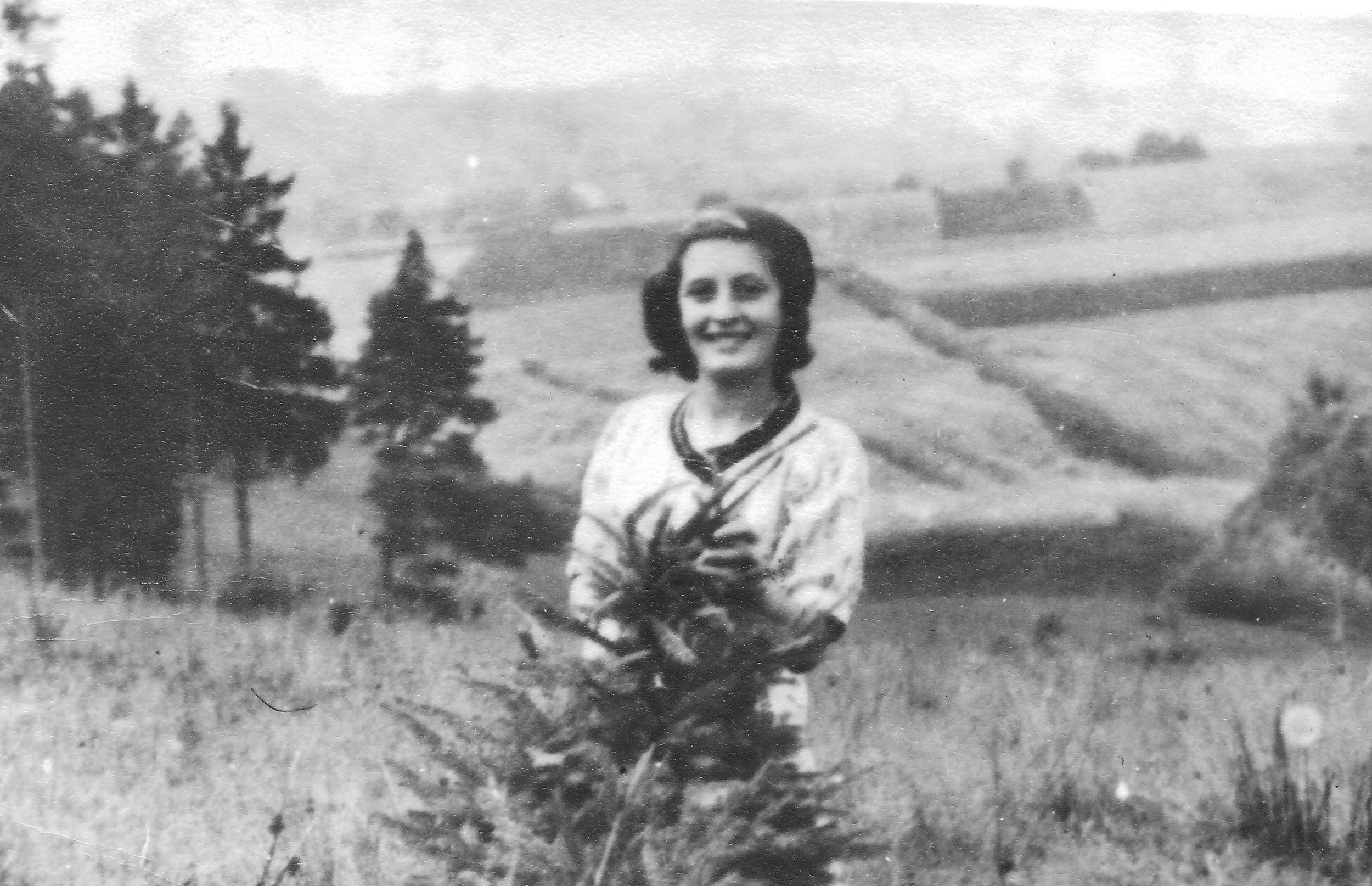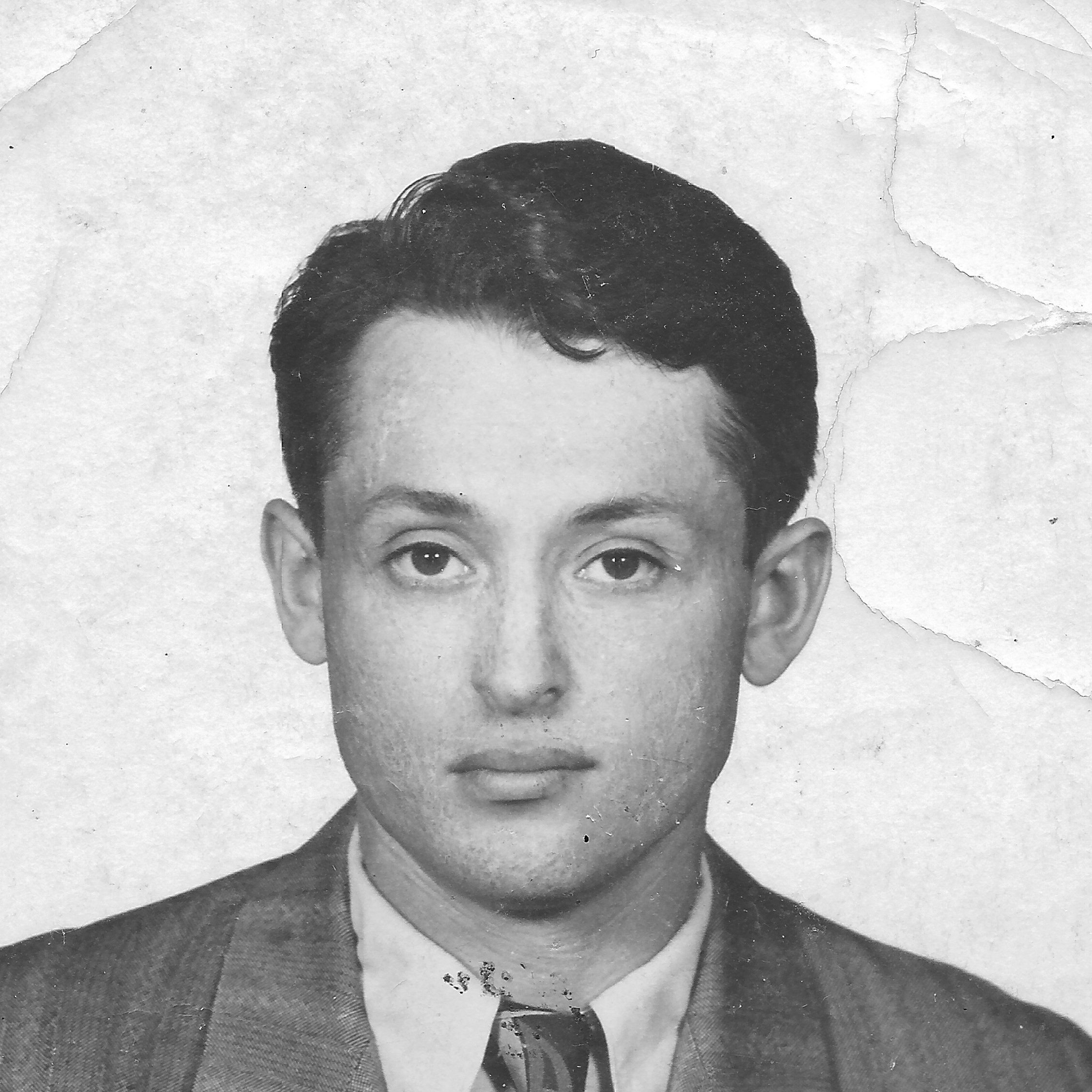Giving Voice to the Silenced
Tomorrow, on January 27, International Holocaust Remembrance Day will mark 79 years since the Auschwitz concentration camp was liberated. This may sound like a long time ago, but my mother Edith and my aunt Bronia are both Auschwitz survivors, and they are both still alive today.
As this remembrance day approached, I probed my heart, asking if I truly need to continue marking it publicly. Writing about the Holocaust is extremely distressing for me, and I’ve done so much of it, including diving deeply into the unfathomable horror for four years while writing about my father’s life story in Quest for Eternal Sunshine: A Holocaust Survivor’s Journey from Darkness to Light. Nonetheless, each time I tackle this subject, I am shocked anew at the inconceivable cruelties that were perpetrated and the enormity of the devastation.
But I quickly realized that I don’t feel like I have a choice. It’s as if the mass genocide that destroyed my family was a huge bell rung scores of years ago, and I am part of the reverberating echo. Something inside me is always pushing up to be heard, like a tender weed’s relentless quest for sunlight that gives it the capacity to break through concrete.
Myra’s father, Mendek, far left. Front row, left to right: His sisters Bronia and Rutka, brother Tulek. Back row: Mother Ida, cousin Liba, sister Mila, father Israel.
I believe part of this drive comes from my ancestors. All four of my grandparents were murdered in Auschwitz, as well as four of my father’s five siblings, and dozens of close relatives on both sides of my family.
For many years before being deported to the concentration camps, my family was forced to silently suffer tremendous pain, fear and indignities. They were disenfranchised, starved, publicly humiliated and routinely terrorized. Is it because they had no voice that I feel as if they are urging me to speak, or is articulating the pain simply part of my own process of reconciliation with a horror too big for my heart to ever bear?
Mila Rubin—Myra’s aunt who she was named after—in Jaworzno, Poland in the late 1930’s. She was murdered in Auschwitz in 1942.
At gunpoint, German soldiers took my gentle, sensitive father from his family in Jaworzno, Poland at the age of 17. Against all odds, a starved skeleton, my dad managed to endure three excruciating years of forced hard labor in seven different Nazi concentration camps. He never talked about the terrible things that happened to him there, just the strategies and strokes of luck that helped him survive.
Only 1 to 2 percent of Polish Jews in German-occupied territories survived the war. Out of a pre-war population of 3.3 million, 380,000 Polish Jews were still alive in 1945.
Myra’s father, Mendek Rubin, in his 20s, circa 1950
Mendek in his 60s
Once my father started his healing journey in his early forties, he applied his brilliant inventor’s mind to his own psyche, figuring out how to liberate himself from decades of unrelenting fear and depression. My dad, who was eventually able to live a life overflowing with joy and peace, explained that he didn’t deny the past, he just chose not to live in it. He often said, “A good memory is one that remembers the good.”
Sharing what happened to my father and his family during the Holocaust illuminates the enormity of what he was able to accomplish. That my dad could heal and re-connect to the boundless love and beauty in the universe—what he called “the eternal sunshine”—proves that with enough determination and self-love, no inner wounds are insurmountable.
My father believed that the only way to move humanity forward is for each of us to become our best selves. This includes becoming cognizant of our own tendencies to blame, judge, and scapegoat so that we do not continue inflicting harm on others.
So today, in honor of International Holocaust Remembrance Day, I am sharing a short excerpt from Quest for Eternal Sunshine—A Holocaust Survivor’s Journey from Darkness to Light. The book was written first person in my father’s voice, largely based on an unfinished manuscript he wrote about his life and healing journey that I discovered after he passed away in 2012.
Finding Forgiveness
Excerpt from Chapter 36
One day, when I was in my mid-forties, I woke up feeling the intense grief and outrage about the Holocaust that I’d been holding back for decades. I jolted straight up in bed, screaming, “NO! This could never have happened. It must be a dream.” Neither my mind nor my heart was ready to face the enormity of the humiliation and brutality I’d lived through.
It would be another five years before I’d be able to allow myself to fully feel my grief and mourn for everything I’d lost during the war. When I finally let my tears flow freely, it liberated me from some of the heavy weight I’d been carrying for my whole adult life.
Up until that time, I’d worked through a lot of my feelings, but rarely those directly related to the Holocaust. I’d tried to ignore my terrible nightmares and the awful images I couldn’t shake of my parents, brother, and sisters in the gas chamber. Instead of letting myself feel pain and rage about the countless atrocities perpetrated against my people, I was angry at the world, myself, and everyone else. Even now, at this very moment, the Holocaust seems like a horror out of time and place—something my mind cannot, and does not want to, comprehend.
Nonetheless, holding on to my fury for so many decades was draining and painful. It created a darkness within me that was physically and spiritually depleting. I had to find a way to let it go.
I decided it was time to face the people who’d done the killing. I said, “Okay, you won. But just because I’m not the winner doesn’t mean I need to be the loser if I don’t want to be. I must go on with my life if I want to live at all.”
I neither forgave nor failed to forgive. I just finally understood that I had to find a way to come to terms with my past. As long as I remained imprisoned by hatred, I’d never be able to fulfill my own destiny.
The cycle of hate and revenge has to stop sometime. Why not now? Why not with me?






